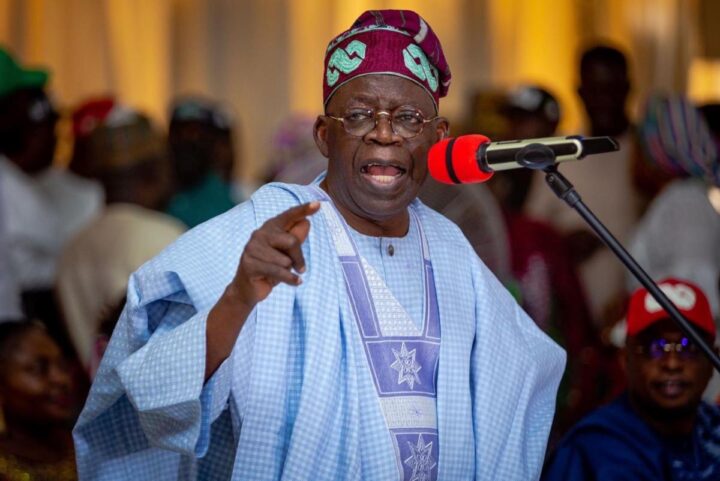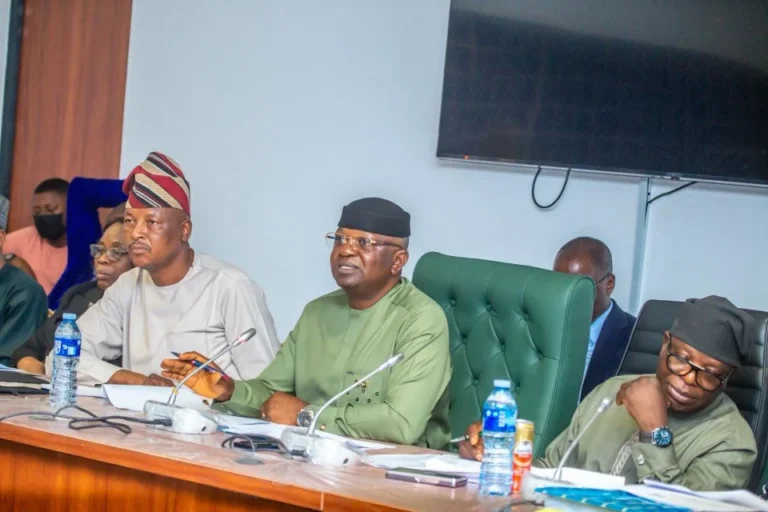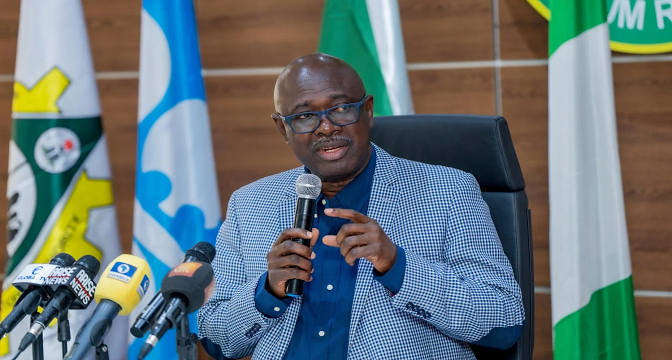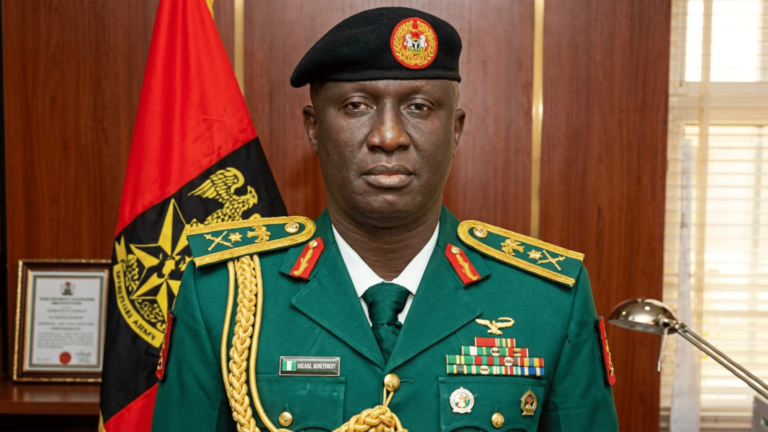
Nigerian President Bola Ahmed Tinubu has received praise for his consistent commitment to national security, even as new information reveals that he may not have received complete details regarding the recent killings in Benue State. The Solicitor General of the Federation and Permanent Secretary of the Ministry of Justice, Beatrice Jedy-Agba, clarified this through her representative, Mr. Kamarudeen Ogundele, during a human rights summit held in Abuja.
Addressing growing public concerns over the President’s perceived silence on the attacks in Benue, Ogundele, speaking on behalf of the Ministry of Justice, revealed that the President had not received an adequate briefing on the extent of the killings. He insisted that if President Tinubu had gotten full information about the tragedy, he would have reacted promptly and taken decisive action.
This revelation helps reframe the public narrative. Many had questioned Tinubu’s silence, but this clarification points to a breakdown in the flow of information rather than a lack of willingness to act. Tinubu’s delayed intervention likely resulted from not receiving a full briefing on the Benue attacks.
The summit, which focused on human rights and justice reform, brought together several top officials including the Executive Secretary of the National Human Rights Commission (NHRC), Dr. Anthony Ojukwu, and the Chief Judge of the Federal Capital Territory, Justice Hussein Baba-Yusuf. The event showcased the government’s efforts to strengthen citizen protection and hold human rights violators accountable.
Ogundele assured the public that the President remains committed to upholding justice and peace throughout the country. He stressed that the Federal Government does not shield any group involved in unlawful killings. Instead, the administration is intensifying efforts to bring all violators to justice.
Tinubu’s lack of full briefing on the Benue situation exposed a gap in Nigeria’s information dissemination chain. Experts are now calling for improved intelligence coordination among security and government agencies to prevent similar lapses. The President’s recent actions in other troubled regions demonstrate his readiness to act once armed with accurate and timely information.
Meanwhile, Dr. Ojukwu urged the government to empower the National Human Rights Commission with prosecutorial authority. He explained that this change would strengthen the Commission’s ability to investigate and take action against human rights violations. This call aligns with Tinubu’s broader push to modernize the justice system and promote accountability.
Justice Baba-Yusuf emphasized the judiciary’s dedication to ensuring that perpetrators of violence face punishment. He also praised the Tinubu administration for prioritizing security reforms and judicial independence.
Although the events in Benue remain tragic, this development offers a deeper look into the structural challenges faced by the Nigerian presidency. The issue stemmed not from neglect, but from a lack of critical updates. With improved communication now underway, many hope the President’s swift and decisive leadership will bring justice and stability to the affected communities.



